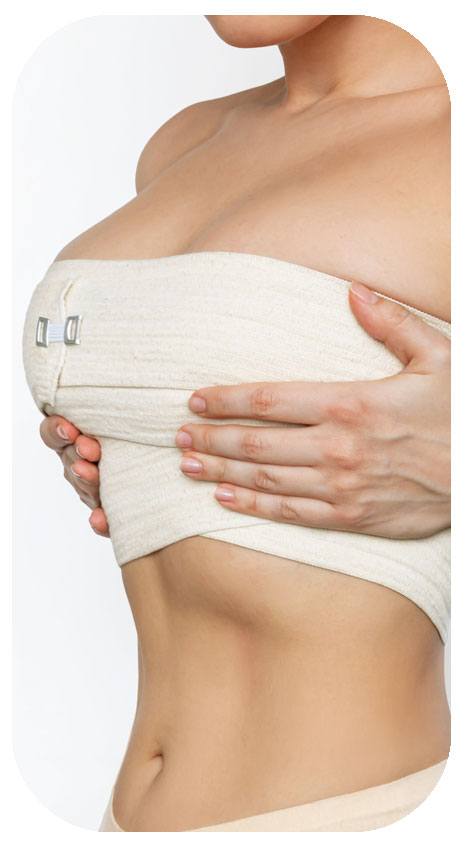Can Breast Sensitivity Increase After Augmentation Surgery?
At Dolls Plastic Surgery, one of the most common post-op questions we receive is about breast sensitivity—specifically, whether it increases or decreases after breast augmentation. While many patients expect some level of numbness after surgery (which is usually temporary), what truly surprises many is when their breasts become more sensitive after getting implants.
So, what causes this change? And is it something you should be concerned about?
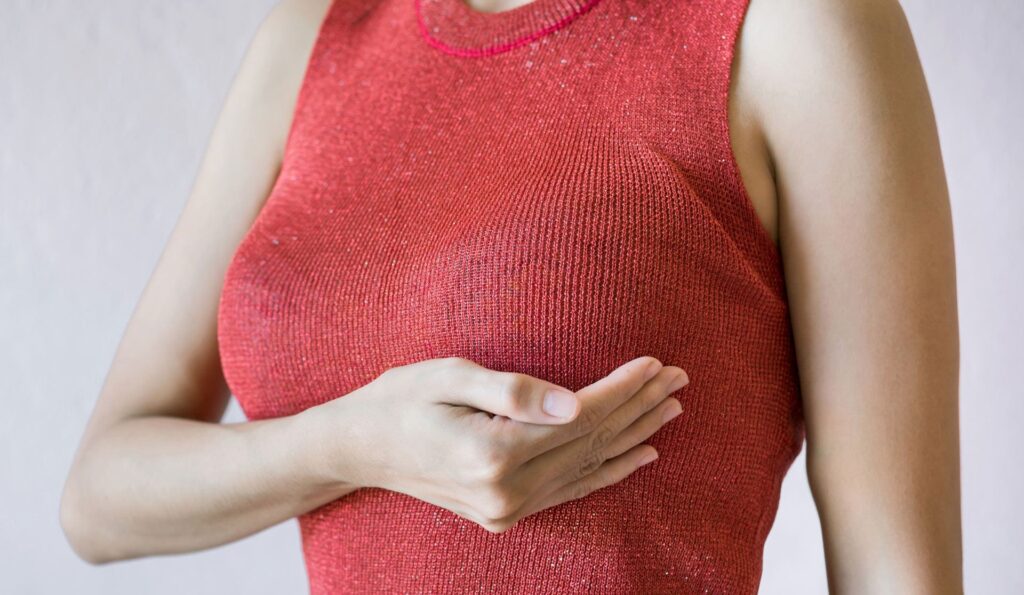
Why Breast Sensitivity May Change After Augmentation
Changes in breast sensitivity can be the result of several surgical and anatomical factors. During augmentation, your plastic surgeon takes every precaution to protect the delicate nerve pathways—especially the fourth intercostal nerve, which plays a major role in nipple sensation. However, depending on the surgical technique, implant size, and your own unique anatomy, sensitivity can either decrease, remain the same, or even increase.
Here’s what may influence these changes:

Implant Size & Nerve Stretching
Larger implants can put pressure on or stretch surrounding nerves, which may alter how your body responds to touch or stimulation. While this doesn’t automatically mean loss of sensitivity, it increases the risk of either heightened sensation or numbness, especially around the nipple-areola complex.
Surgical Technique & Skill
Board-certified plastic surgeons trained in nerve-sparing techniques can often preserve most, if not all, of your original sensitivity. At Dolls Plastic Surgery, our surgeons prioritize techniques that protect critical nerve branches to deliver both beautiful results and optimal sensory outcomes.
Your Baseline Sensitivity
Everyone’s body is different. If you already had heightened or reduced sensitivity before surgery, those patterns may influence how your body reacts post-op.
How Is Breast Sensitivity Measured?
There isn’t a universal metric for sensitivity—each woman’s experience is different. However, plastic surgeons often assess baseline and post-op sensation using:
- ._Soft-touch tools like a cotton ball or feather
- ._Energy-based stimulation around the nipple and areola
These methods help determine if there’s a noticeable change, but variation in sensation is entirely normal. What feels “too much” or “too little” varies dramatically from patient to patient.
What the Research Says About Sensitivity After Surgery
Several medical studies offer insight into how breast sensitivity may change after procedures:
._ Courtiss & Goldwyn Study: Found that smaller breasts tend to be more sensitive than larger ones. This might explain why women with implants sometimes feel heightened sensitivity post-surgery.
._Gonzalez et al. Study: Showed that over 90% of women who underwent breast reduction surgery retained nipple sensitivity—especially when less than 550g of tissue was removed.
._Tairych et al. Study: Discovered that the upper quadrant of the breast is typically the most sensitive, while the nipple has the least sensitivity (contrary to popular belief), with the areola somewhere in between.
These findings reinforce that much of what affects sensitivity post-surgery comes down to surgical technique and individual anatomy.

When Increased Sensitivity Feels Like Too Much
Yes, increased sensitivity can be a positive outcome for many women—but for others, it can become uncomfortable or even painful. Oversensitivity in the nipple or areola can be triggered by everyday clothing, exercise, or even a light touch. It’s important to talk to your surgeon about these possibilities during your consultation so expectations are realistic.
At Dolls Plastic Surgery, we believe in full transparency so you can make empowered choices about your body.
Can Sensitivity Return After Mastectomy?
For breast cancer survivors undergoing reconstruction, it’s important to note that restoring original sensitivity is unlikely. However, skilled surgical techniques can still provide aesthetically pleasing results that restore confidence and help support emotional healing, even if full sensation isn’t recovered.
How to Maximize Your Chances of Preserving Sensitivity
-Choose a board-certified plastic surgeon with experience in nerve-sparing techniques
-Consider implant size carefully—larger isn’t always better
-Follow all post-op care instructions for optimal healing
-Communicate openly with your surgeon about pre-existing sensitivity and your goals

Confidence Beyond Sensation
Whether your sensitivity decreases slightly or increases dramatically, what truly matters is how you feel about your results. At Dolls Plastic Surgery, we prioritize both physical outcomes and emotional well-being.
Breast augmentation is a transformative journey. For some, it’s about enhancing beauty. For others, it’s about reclaiming identity after trauma. Whatever your reason, you deserve compassionate, expert care that respects every part of your experience—including how your body feels.
Learn more about
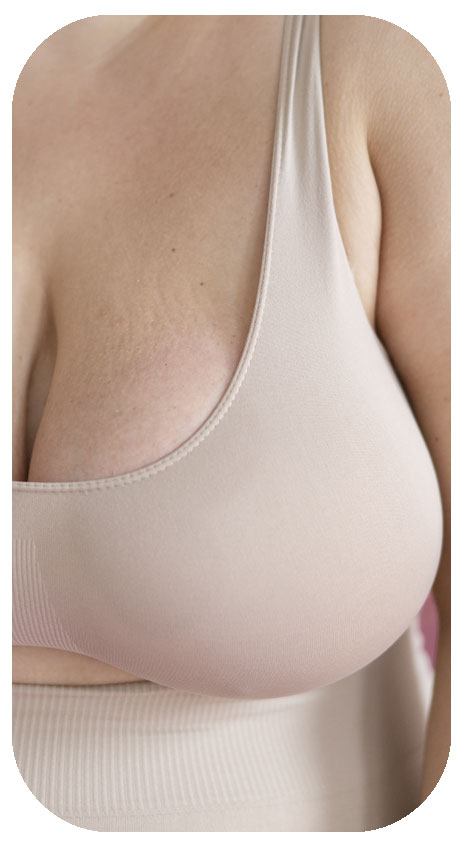
Mastopexy, also known as breast lift surgery, is a surgical procedure to lift and improve the shape of sagging breasts. It can also reduce the size of the areola. However, women with large breasts may…
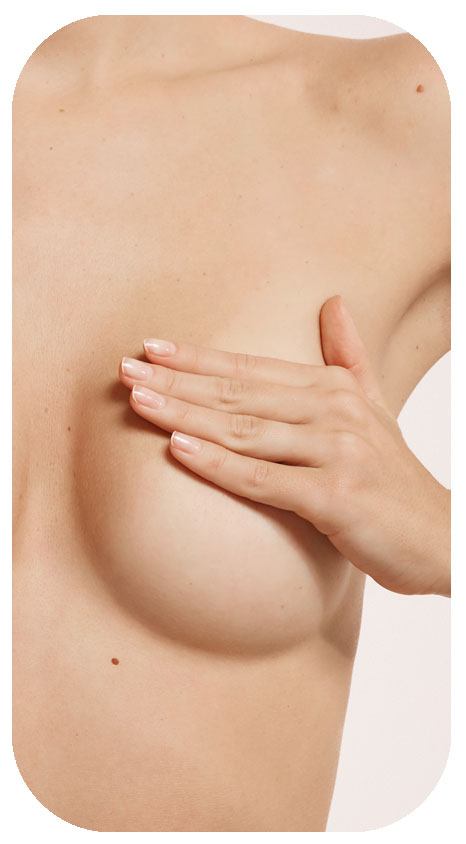
Breast augmentation surgery, also known as mammoplasty, is a procedure performed to increase the size of the breasts. It involves placing breast implants under the breast tissue or chest muscles…
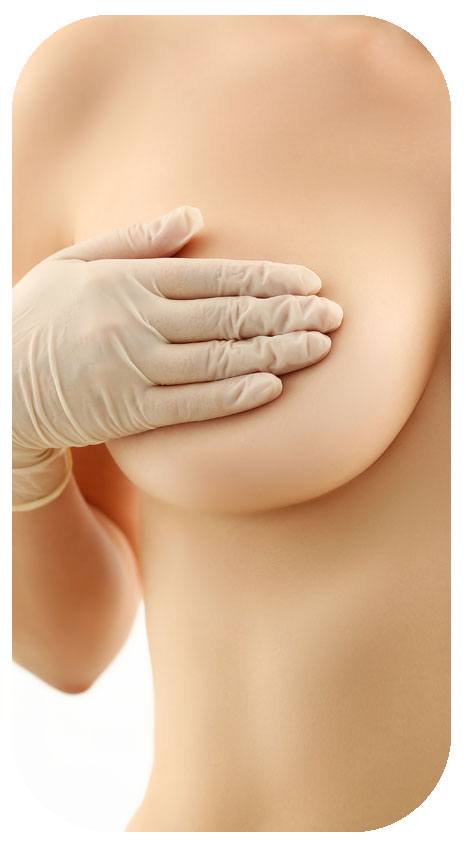
Mastopexy, also known as breast lift surgery, is a surgical procedure to lift and improve the shape of sagging breasts. Over the years, and after circumstances such as pregnancy, breastfeeding…
Contact – Us
Your dream body is just


